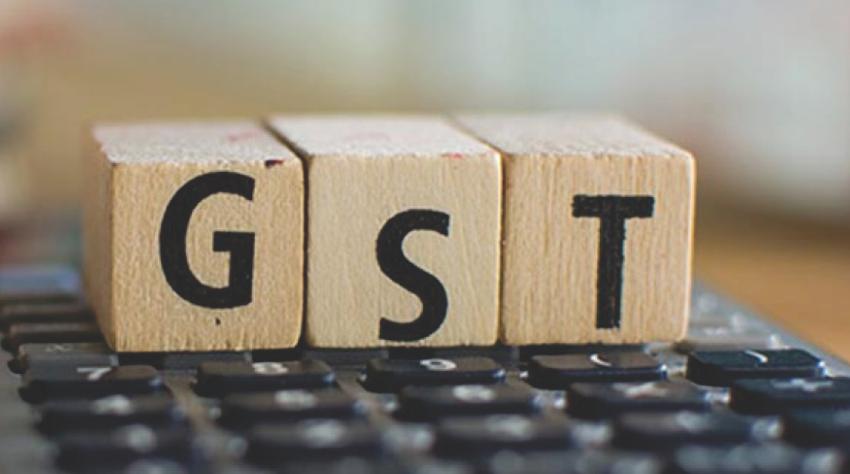The Government of Singapore may soon impose Goods and Services tax (GST) on the products sold online with the objective of expanding its tax base’s wings while grabbing value from this fast growing sector. Experts say that this move may include making e-commerce giants to register for GST in Singapore, or levy taxes on customers directly when they make e-commerce purchases.
Senior Minister of State for Law and Finance, Indranee Rajah talked about the inclusion of GST under local taxes soon, and said that in twenty years people’s ways of purchasing will change and online platforms will be the centerpiece of transactions, and if that is not a part of the tax regime, then there will be a lot of issues. She cited the positive results from the economic transformation policies and talked about the increase in social spending in recent years.
Finance Minister Heng Swee Keat also pointed out the Government’s consideration of imposing tax on e-commerce purchases earlier this year. Currently, most e-commerce purchases levy taxes only if they are above $400. Mr. Chiu Wu Hong, KPMG Singapore’s head of tax said that the $400 limit of GST exemption could be reviewed to capture online shopping transactions. Mr. Hong also said that GST can also be imposed on digital services (music downloads, e-books, etc) provided by foreign companies by using a ‘reverse mechanism’ or by making GST mandatory for them if they want to provide services to Singapore customers. Under a ‘reverse mechanism’ a customer has to bear the tax on supplies received from foreign suppliers.
According to Koh Soo How, PwC Singapore’s Asia Pacific indirect tax leader, the Government’s main intention of imposing taxes on online shopping is to make things uniform between local GST-registered sellers and overseas sellers.
Ms. Indranee Rajah talked about the introduction of many social support procedures and how the Government is wisely investing money for developmental measures. She also talked about infrastructural investment and investing on an aging population and asserted on the need of a uniform taxation system to generate required funds for carrying out those activities.


